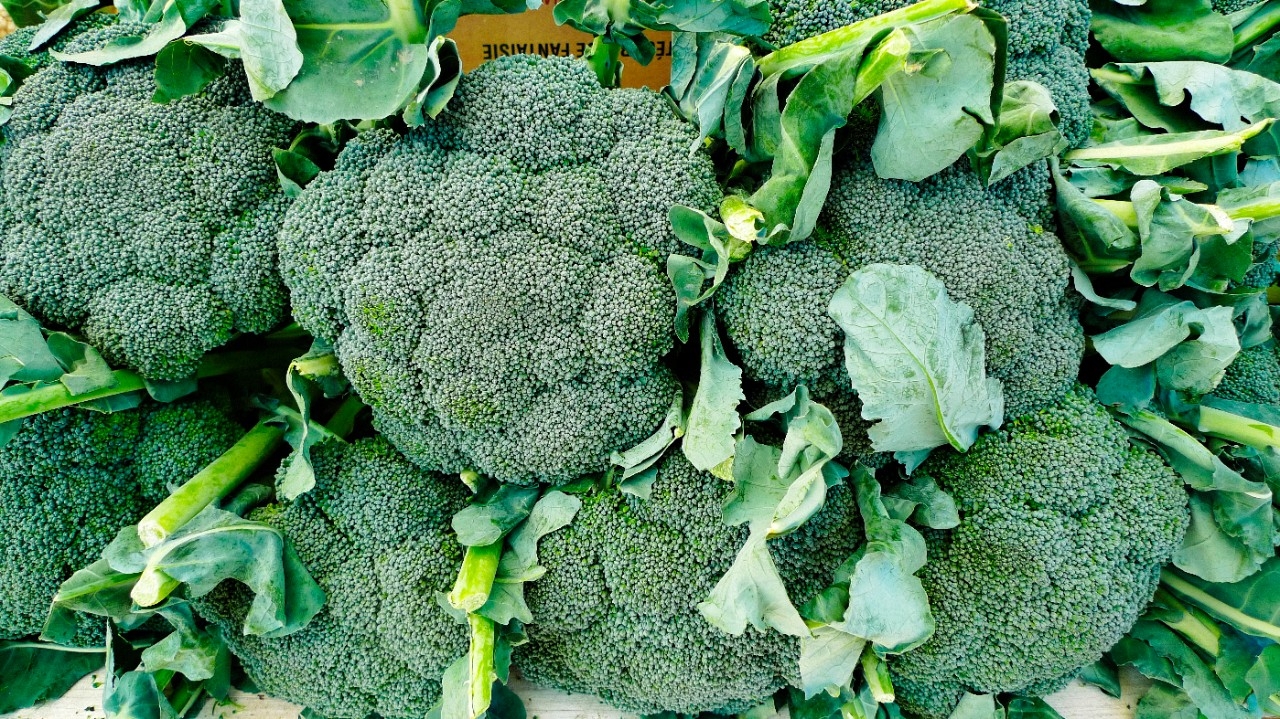New to MyHealth?
Manage Your Care From Anywhere.
Access your health information from any device with MyHealth. You can message your clinic, view lab results, schedule an appointment, and pay your bill.
ALREADY HAVE AN ACCESS CODE?
DON'T HAVE AN ACCESS CODE?
NEED MORE DETAILS?
MyHealth for Mobile
Nutrition Services for Cancer Patients
Nutrition Services for Cancer Patients
Nutrition is an important part of life, cancer treatment, recovery, and prevention. Food is one of the few things you can be in control of during your treatment. The oncology certified registered dietitians at the Stanford Cancer Center are here to help you make informed choices about nutrition, answer your nutrition-related questions, and help you to achieve and maintain good health.
Care and Treatment
Nutrition During Radiation to the Head, Neck, or Esophagus
Achieving adequate nutritional status in people with cancer means getting enough calories and protein to prevent weight loss, regain strength, and rebuild healthy tissues. Important nutrients are highlighted below:
Protein
- Helps repair body tissue and maintain a healthy immune system.
- Cancer patients usually need additional protein, especially following surgery, chemotherapy, and radiation therapy.
- Good sources of protein include lean meat, fish, poultry, dairy products (cheese, Greek yogurt, milk, cottage cheese), eggs, nuts, beans & lentils, soyfoods (tofu, soymilk, tempeh, edamame), commercial nutrition beverages (like Ensure® , Boost®, or Orgain™, Enu™) and protein powders.
Carbohydrates and fat
- Helps supply the body with the bulk of calories that it needs to maintain weight.
- Good sources of carbohydrate include: all fruits, starchy vegetables (corn, potatoes, sweet potatoes), grains (rice, quinoa, oatmeal, etc), pastas, cereals, beans, peas, certain dairy products (including yogurt, kefir, and milk), honey, maple syrup, and jelly/jam.
- Good sources of fat include: olive oil and other oils, nuts, seeds, avocado, butter, mayonnaise, gravy, full fat dairy products (whole milk, sour cream, cream cheese, full fat yogurt, ice cream, cheese), foods made with oil or butter (like pastries, chips, tuna canned in oil, etc).
Vitamins and minerals
- Helps to ensure proper growth and development of our body’s cells.
- Allows the body to use the energy in foods.
- Eating a well-balanced diet with enough protein and calories usually contains plenty of vitamins and minerals. Eat a variety and choose foods from the many colors of the rainbow! Try these: tomatoes, watermelon, cherries, melon, carrots, sweet potatoes, oranges, apples, pears, broccoli, Brussels sprouts, edamame, garlic, onions, plums, blueberries, grapes, green tea, oatmeal, quinoa, barley, walnuts, almonds, etc.
Nutritional considerations
Head and neck cancers and esophageal cancers can change your eating ability and compromise your nutrition status from the side effects of surgery, radiation, and chemotherapy. See below for nutrition tips and strategies.
Practice good oral hygiene as recommended by your radiation team.
Learn more about managing side effects during cancer treatment or make an appointment with one of our dietitians.
Recipes
Cancer Fighting Recipe of the Week: Week 3
In honor of Colon Cancer Awareness month, we'll be featuring four colorectal cancer friendly recipes each week during the month of March.
Basil Broccoi
Broccoli, cabbage, collard greens, kale, cauliflower and Brussels sprouts are all cruciferous vegetables. This vegetable family contains powerful phytochemicals, including carotenoids, indoles and glucosinolates and isothiocyanates, which have been studied and shown to slow the growth of many cancers.
Grilled Vegetable Polenta with Pan Roasted Red Pepper and Tomato Sauce
Halibut with Citrus and Garlic
Hearty Beef Stew with Winter Vegetables
Herbed Polenta with Grilled Portobello Mushrooms
Mediterranean Grilled Veggie Pockets
Molasses-Cured Pork Loin with Apples
New American Plate "Tetrazzini" Casserole
Peppers Stuffed with Barley, Parmesan and Onion
Roasted Pork Tenderloin with Maple Mustard Sauce
Seared Scallops with Beet Puree and Arugula Salad
Soft Tacos with Southwestern Vegetables
Spicy Broccoli, Cauliflower and Tofu
Steamed Halibut on Spinach with Lemon Sauce
Summer Tofu Kebab with Peanut Sauce
Turkey Reuben Grilled Sandwiches
Udon Noodles with Spicy Peanut Ginger Sauce
For Patients
PREPARE FOR YOUR APPOINTMENT
- Bring your photo ID and Insurance Card
- Maps, directions, parking, public transit options, and contact information
Ask your physician for a REFERRAL for a Cancer Center Nutrition Appointment
Our dietitians are available for 45 minute consults by appointment only, Monday – Friday from 8 a.m. – 4 p.m.
Download our nutrition appointment flyer.
Questions about your appointment or need to make a change?
RESOURCES
For Health Care Professionals
Our dietitians are available for 45 minute consults by appointment only on: Mondays – Friday, 8 a.m. – 4 p.m.
HOW TO REFER
Call us at 1-650-498-6000 to refer a new patient for a nutrition consultation. If you wish to refer a patient to the Stanford Cancer Center, please call the Physician Helpline.
Download our nutrition appointment flyer.
Returning Patient
Questions about your appointment or need to make a change? Call:
Nutrition Services for Cancer Patients at Stanford Cancer Center Palo Alto
650-498-6000
Nutrition Services for Cancer Patients at Stanford Cancer Center South Bay
408-426-4900




